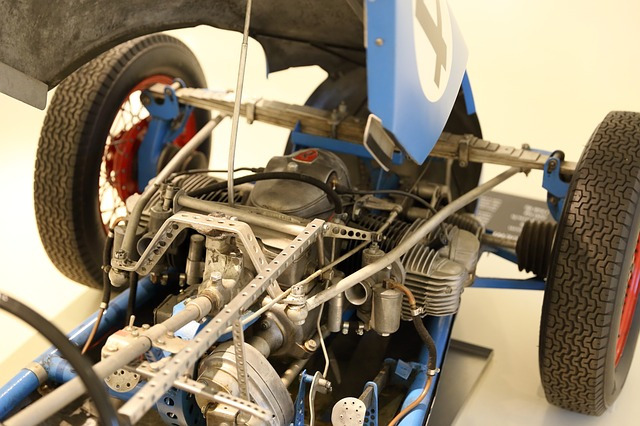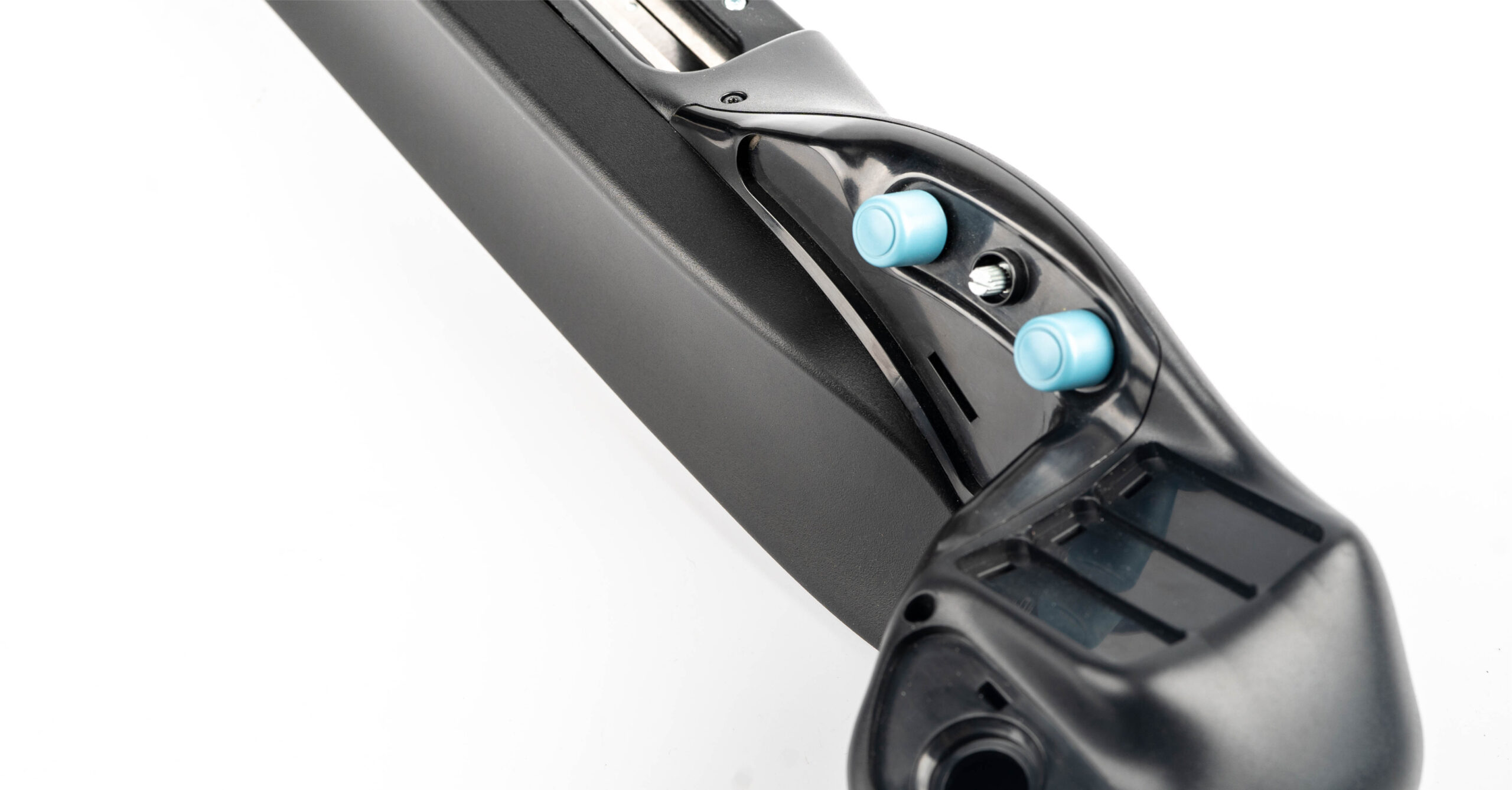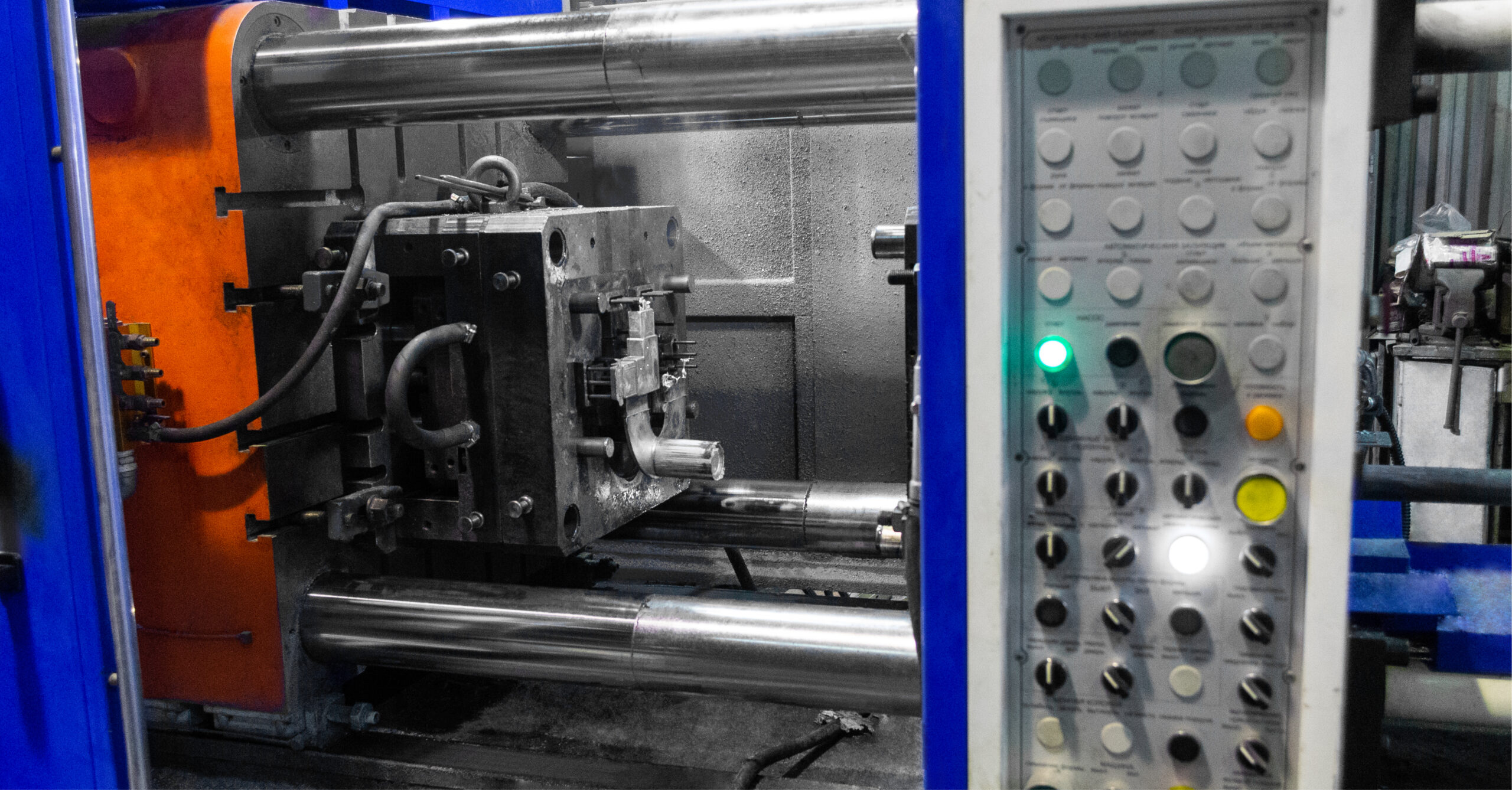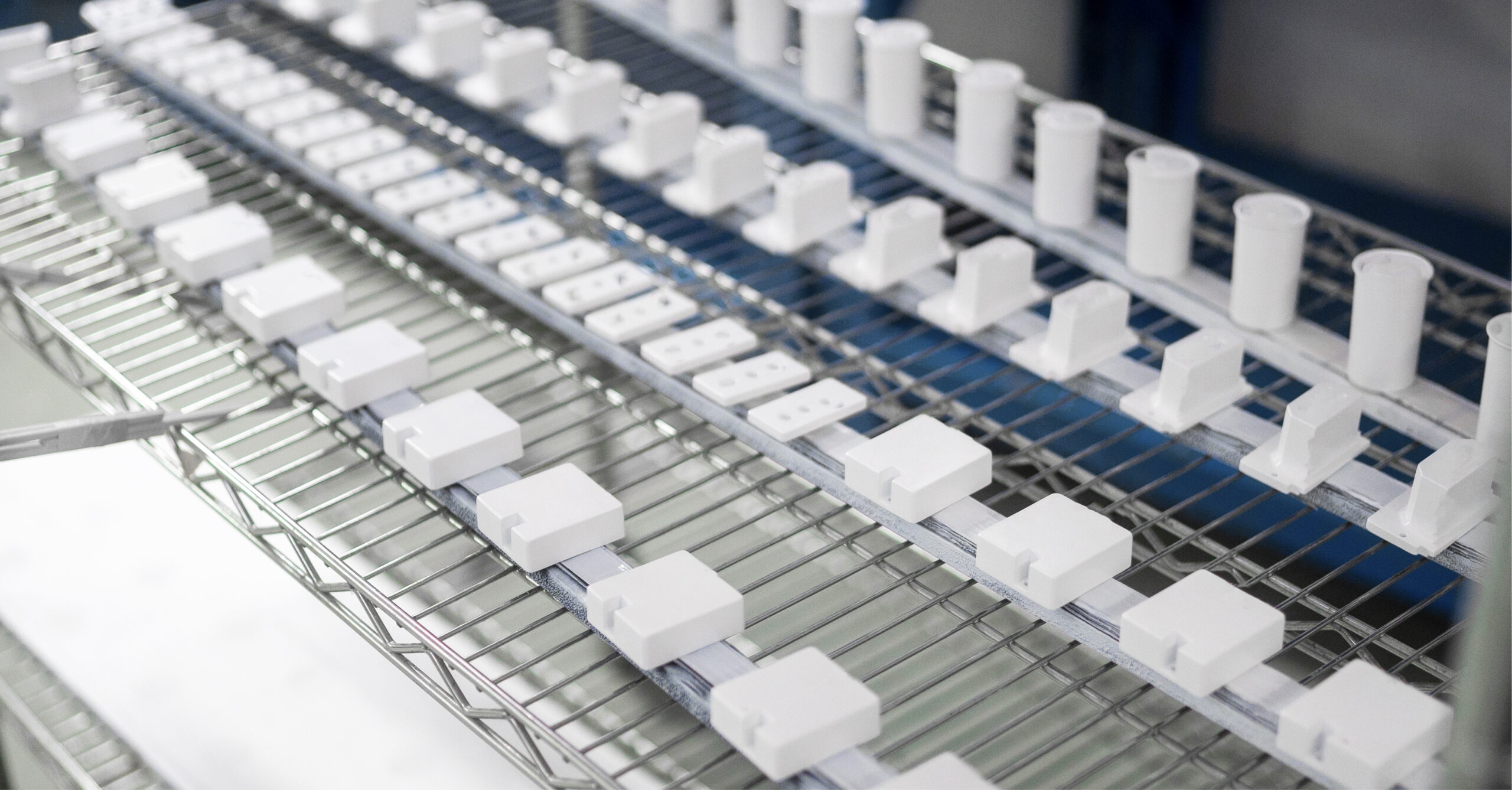Choosing the Right Service Provider for Plastic Prototype Fabrication

Selecting the right service provider for plastic prototype fabrication is a crucial decision that can significantly impact the success of your product development journey. Plastic prototype fabrication is essential in testing, refining, and validating product designs before they enter mass production.
This blog post aims to guide you through the process of identifying a service provider that can meet your specific needs in prototype fabrication, focusing on the nuances of technology, material selection, and quality assurance.
With the right partnership, your path from concept to prototype will be smooth, efficient, and tailored to bring your ideas to life effectively.
What is Plastic Prototype Fabrication Manufacturing
Plastic prototype fabrication manufacturing is a process where a conceptual design is transformed into a physical model or a prototype. This practice is essential in the field of product development, as it allows designers and engineers to create a tangible representation of their ideas, test their designs, and make necessary adjustments before the product goes into full-scale production.
The process involves various methods and technologies, depending on the complexity and requirements of the prototype. Common techniques include:
- 3D Printing (Additive Manufacturing): This method builds the prototype layer by layer from 3D digital models, allowing for complex geometries and rapid design changes.
- CNC Machining: CNC (Computer Numerical Control) machining involves subtracting material from a solid block to create the prototype. It’s known for its precision and ability to produce more robust prototypes suitable for functional testing.
- Injection Molding: Though typically used for high-volume production, injection molding can also be adapted for prototyping, especially for testing parts that will eventually be mass-produced using this method.
- Vacuum Casting: This is a low-cost method that involves using a master model to create a silicone mold, which is then used to cast replicas. It’s ideal for small quantities of high-quality prototypes.
The choice of technique depends on several factors, such as the desired material properties, the level of detail required, the size of the prototype, and the budget. Each method has its own set of advantages, and often, a combination of these techniques is employed to achieve the best result.
Plastic prototype fabrication manufacturing is not just about creating a physical model of a product; it’s a critical step in the iterative process of design improvement. It provides invaluable insights into the look, feel, and functionality of the product, enabling designers to identify and rectify potential issues early in the development cycle, saving time and resources in the long run.

Key Factors in Selecting a Service Provider
When selecting a service provider for plastic prototype fabrication, it’s crucial to consider how technological advancements have revolutionized the industry. Gone are the days when prototype creation was a lengthy process, reliant solely on traditional model builders who manually injected materials into molds. While effective, this method was time-consuming, a luxury that the fast-paced nature of today’s competitive market no longer affords.
Today, the focus is on rapid prototyping, a domain where modern technologies like 3D printing for plastic parts have become game-changers. This innovative approach has significantly accelerated the prototyping process, making it faster, more efficient, and less costly. With the increasing demand for high-quality products and shorter product life cycles, the ability to quickly produce prototypes is more important than ever.
3D printing in plastic prototype fabrication works similarly to traditional paper printing, but with a twist. Instead of ink, it uses plastic resin to create detailed prototype parts. Each pass of the printer adds another layer to the model, precisely crafting the desired shape and design. This method not only speeds up the process but also allows for greater precision and complexity in prototypes.
When choosing a plastic prototype fabrication service provider, it’s essential to look for those who leverage such high-tech printing capabilities. These advanced methods enable service providers to deliver superior results in a fraction of the time once required. By opting for a provider that embraces these cutting-edge techniques, you ensure that your prototyping needs are met with efficiency and quality, keeping you ahead in a rapidly evolving market.
Key Factors in Selecting a Service Provider
In this rapidly evolving market, the choice of a service provider for plastic prototype fabrication is more critical than ever. The right partner can significantly impact the quality, cost, and speed of bringing your product to market. When evaluating potential service providers, consider the following factors:
- Technological Advancement: Assess the provider’s use of the latest technologies, such as 3D printing, which can drastically reduce prototyping time and costs.
- Experience and Expertise: Look for a provider with a proven track record in plastic prototype fabrication. Their experience can be invaluable in navigating the complexities of prototype design and production.
- Quality Assurance: Ensure the provider has robust quality control processes in place. High-quality prototypes can provide more accurate testing and development outcomes.
- Speed of Delivery: In a market where time is of the essence, choose a provider known for quick turnaround times without compromising on quality.
- Cost-Effectiveness: Compare pricing but also consider the value for money. The cheapest option isn’t always the best when it comes to prototype fabrication.
- Client Feedback and Reputation: Research customer reviews and testimonials to gauge the provider’s reputation and reliability.
- IP Protection: Ensure the service provider has measures in place to protect your intellectual property throughout the prototyping process.
Material Considerations
When delving into plastic prototype fabrication, the choice of material plays a pivotal role in the overall success and functionality of the prototype. Here’s what to consider:
- Material Properties: Different plastics offer varied properties like strength, flexibility, heat resistance, and aesthetic qualities. The choice should align with the intended use of the final product.
- Prototype Purpose: For functional prototypes, materials that mimic the properties of the final product are ideal. For conceptual models, aesthetics might be prioritized.
- Cost Implications: Material costs can vary significantly. While some high-performance plastics offer superior qualities, they might also increase the overall prototyping budget.
- Availability and Sustainability: Consider the availability of materials and their environmental impact. Eco-friendly materials are gaining popularity due to increasing environmental consciousness.
- Compatibility with Prototyping Method: Not all materials are suitable for every prototyping technology. For instance, some plastics are better suited for 3D printing, while others are more appropriate for injection molding.
Cost and Budgeting
Cost and budgeting are critical aspects of plastic prototype fabrication that demand careful consideration. This stage of the process is where practicality meets fiscal responsibility. It’s about striking a balance between the desire for high-quality prototypes and the limitations of your budget. Navigating this aspect involves understanding the various cost factors inherent in prototype fabrication, such as material choices, production methods, and the complexity of the design. It also requires a clear communication of your budget constraints to the service provider. The key lies in making informed decisions that optimize resources without compromising the quality and efficacy of the prototype.
Customer Service and Communication
Customer service and communication form the backbone of a successful partnership in plastic prototype fabrication. The quality of interaction with your service provider can significantly influence the outcome of your project. Effective communication ensures that your specifications and expectations are clearly understood and met. It also facilitates a smoother, more collaborative process, allowing for timely feedback and adjustments. Good customer service, on the other hand, instills confidence and trust, making the journey from concept to prototype less daunting. It’s about building a relationship where the service provider is not just a vendor but a partner who is invested in the success of your project.

Conclusion
In conclusion, choosing the right service provider for plastic prototype fabrication is a multifaceted decision that goes beyond just technical capabilities. It encompasses a deep understanding of cost and budgeting to ensure that your project aligns with financial constraints without compromising on quality. Additionally, the importance of customer service and effective communication cannot be overstated. These elements are crucial in establishing a collaborative and transparent relationship with your service provider, which is key to the successful realization of your prototype.
Navigating through the intricacies of material choices, technological advancements, and innovative practices, while keeping an eye on costs and maintaining open lines of communication, is a complex but rewarding endeavor. It requires a strategic approach and a careful selection process to identify a partner who not only has the technical expertise but also shares your vision and commitment to the project.
Ultimately, the journey of bringing a concept to life through plastic prototype fabrication is an exciting and challenging process. With the right service provider, this journey can lead to the successful creation of a prototype that meets your specifications and propels your idea towards its final, market-ready form. This underscores the significance of making an informed, well-considered choice when it comes to selecting a service provider for your plastic prototype fabrication needs.

